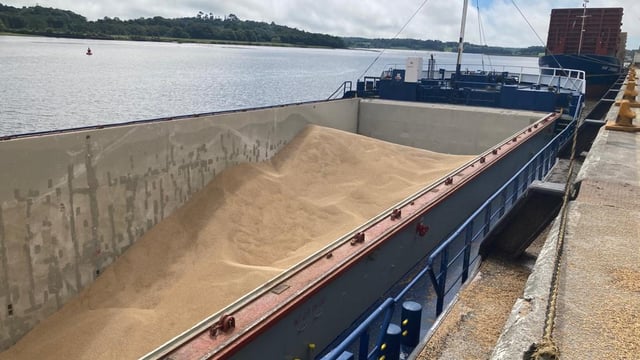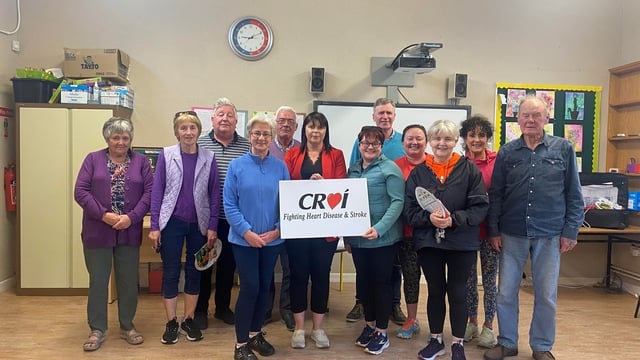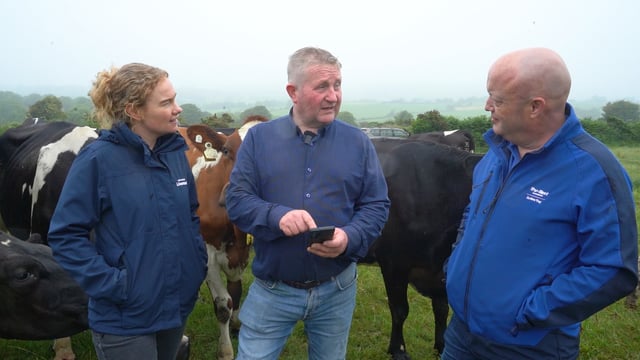Mercosur could deliver a 'knock-out punch to Irish beef producers' - Nolan
Irish farmers and food producers need “less of the high-minded rhetoric on the importance of Irish agriculture and more practical, copper-fastened guarantees" when it comes to the Mercosur deal, according to one TD.
As the Dáil today (Thursday, February 20) prepares to debate the "importance of agri-food to the Irish economy" the Independent TD for Offaly, Carol Nolan, said farmers "need to know that their own government will not sell them the river to ensure the ratification of a flawed Mercosur deal.”
Deputy Nolan highlighted today that she believes the Mercosur deal could deliver a “knock-out punch to Irish beef producers".
She also feels that farmers' concerns "appear to have been systematically ignored or downplayed" by the European Commission and the Irish government.
“We all know that the Irish agri-food sector is of systemic multi-billion-euro importance to the rural and national economy, which is why there is so much genuine confusion out there around the apparent willingness of the government to jeopardise it.
“I am unaware of any significant statement of intent from the government that it is willing to even contemplate formally notifying the European Commission regarding Ireland's outright opposition to Mercosur.
"That is alarming" Deputy Nolan warned.
The Independent TD for Offaly said she does not believe government ministers should issue "grandiose statements on agri-food while at the same time essentially nodding along to an EU Commission view of Mercosur that completely fails to recognise the existential threat that it presents to our own farmers".
Earlier this month the Minister for Enterprise, Trade and Employment, Peter Burke, told the Dáil that he is continuing to "oversee the government’s handling of the EU- Mercosur Agreement".
Minister Burke stated that the government is committed to supporting "free, fair and open trade" and that its specific sector concerns in relation to Mercosur and Irish agriculture have been "repeatedly raised" at EU level.
"Our EU membership makes us part of the growing network of EU Free Trade Agreements, supporting more opportunity for exports and investment, helping support jobs and growth at home, maintaining strict EU standards on food safety, animal and plant health, and supporting better environmental and human rights standards around the world.
"We have always been clear, however, that such agreements must defend our most vulnerable sectors and that our farmers’ livelihoods must not be undermined through weak or ineffective environmental standards in other countries, he added.





